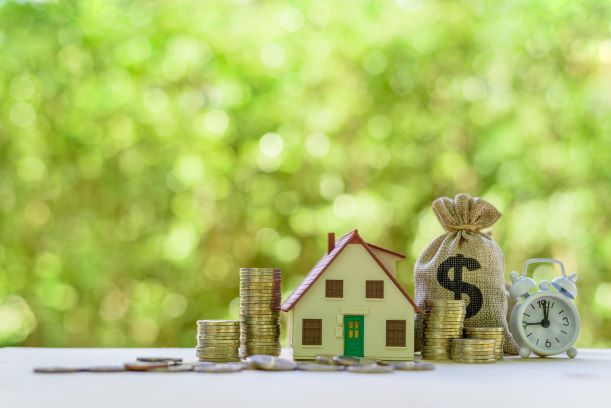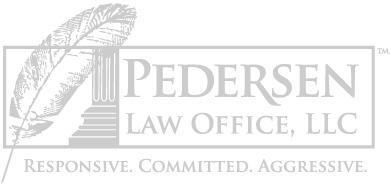Mortgage Forbearance: Options for Repayment
May 20, 2021
 Many homeowners have requested and received a mortgage forbearance. A forbearance allows homeowners to pause their mortgage payments while dealing with a short-term crisis. A forbearance does not mean your missed mortgage payments are automatically added to the end of your loan. Unfortunately, there is a lot of confusion about how the missed payment will be repaid. Let’s review what repayment options exist and how to determine which ones are available to you.
Many homeowners have requested and received a mortgage forbearance. A forbearance allows homeowners to pause their mortgage payments while dealing with a short-term crisis. A forbearance does not mean your missed mortgage payments are automatically added to the end of your loan. Unfortunately, there is a lot of confusion about how the missed payment will be repaid. Let’s review what repayment options exist and how to determine which ones are available to you.
Who Owns Your Loan?
Your options for repayment of your paused payments during a forbearance period depends on who owns your loan. Government-back loans can include Fannie Mae or Freddie Mac or are insured by HUD, the VA or the USDA. Privately owned mortgages can include Bank of America, US Bank, Quicken Loans, BMO Harris, and JP Morgan Chase. Remember, who is servicing your loan can be different than who owns your loan. If you are not sure who owns your loan, you can contact your mortgage service provider.
Plan Ahead
Before your forbearance period ends, reach out to your mortgage servicer to discuss your options for repaying the paused payments. You do not just want to assume that your payments will be added to the end of your loan. It is important to note, if your mortgage was not current at the time you requested the mortgage forbearance, you may not have as many options available.
Repayment Options
There are different repayment options depending on if your loan is a government-back loan or a privately owned loan. Not all options will be available for all homeowners. Some of the options that may be available are listed below.
Lump Sum Payment – Paying the entire forbearance amount at the end of the forbearance period.
Short Term Repayment Plan – Repaying the forbearance amount over a short period (up to 12 months) in addition to your normal mortgage payment.
Payment Deferral – Delaying the repayment of the forbearance amount to the end of your loan term without changing the terms of your mortgage.
Loan Modification - Repaying the forbearance amount by modifying the original terms of your loan, after being approved and having a successful a trial period.
Under the CARES Act, homeowners who received a COVID hardship forbearance and have government-backed loans are not required to repay their missed payments in a lump sum once the forbearance period ends.
Avoid Foreclosure
Hopefully, you can come up with a repayment option that will work for you and your mortgage company. If your mortgager is unable to offer an option that saves your home, a Chapter 13 Bankruptcy may be able to help you. A Chapter 13 Bankruptcy allows you to repay your missed mortgage payments and take care of your unsecured debt (such as credit cards and medical bills) over a 3-to-5-year repayment plan. If you are considering a Chapter 13 Bankruptcy to avoid foreclosure, contact our office.
Free Consultations
We understand how stressful a potential foreclosure can be; and that is why we offer free consultations. Pedersen Law Office, LLC offers free consults in all our areas of practice and will meet with you personally to discuss your specific circumstances and see what options are available for you. Our law office serves the communities of Appleton, Neenah, Menasha, Oshkosh, Green Bay and their surrounding areas.
